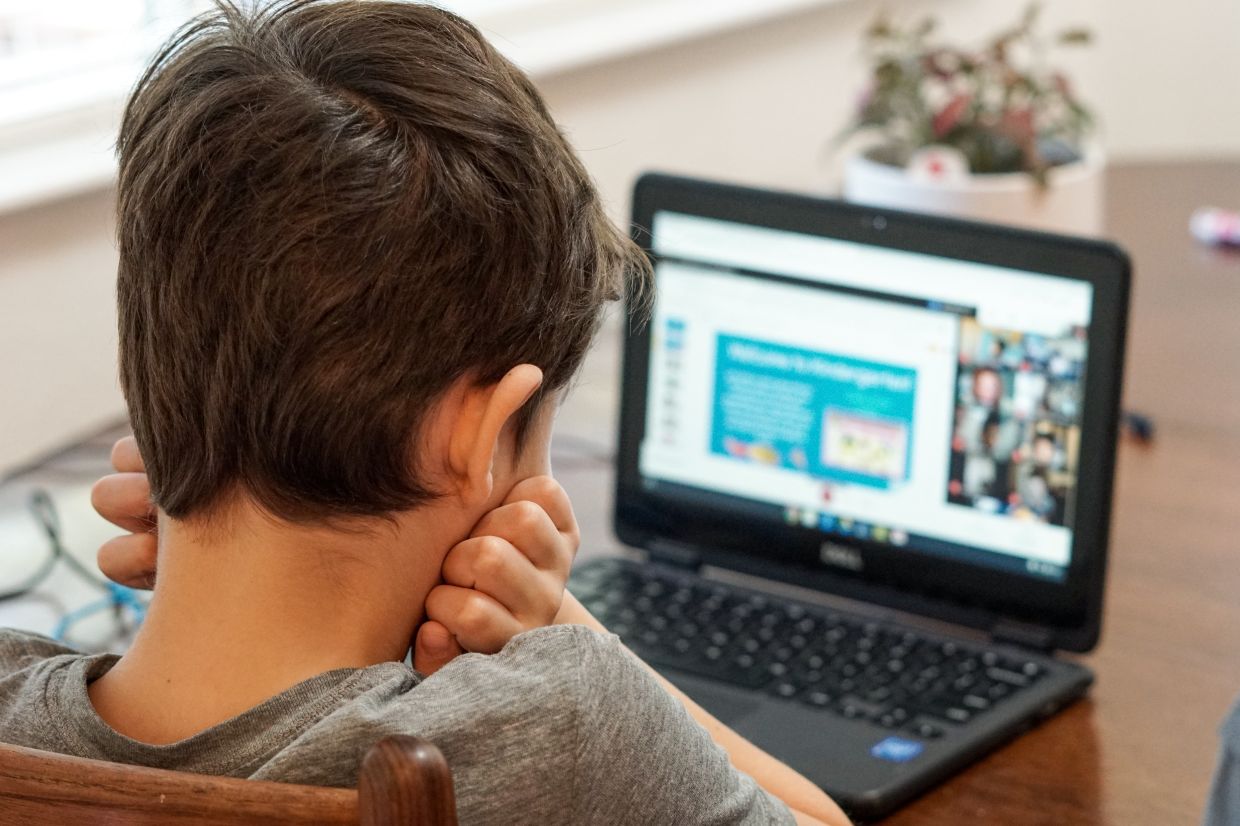What Helps Kids Grasp the Concept of Military Deployment?
To help kids grasp military deployment, have open chats to discuss their feelings honestly. Using visual aids like maps can make it easier to understand. Keeping routines stable and involving kids in preparations helps create predictability. Encouraging them to express emotions through art or play can be beneficial. Joining support groups or seeking professional help can offer additional guidance. Understanding deployment reasons and incorporating family activities can ease the process. These strategies, along with tools like group therapy and online resources, can provide extra support for children during challenging times.
Key Takeaways
- Open and honest conversations about deployment reasons and activities.
- Utilization of visual aids like maps to explain deployment locations.
- Consistent routines and parent involvement for stability and security.
- Encouraging emotional expression through art, play therapy, and active listening.
- Involving children in preparations and activities to aid understanding and adjustment.
Importance of Honest Conversations
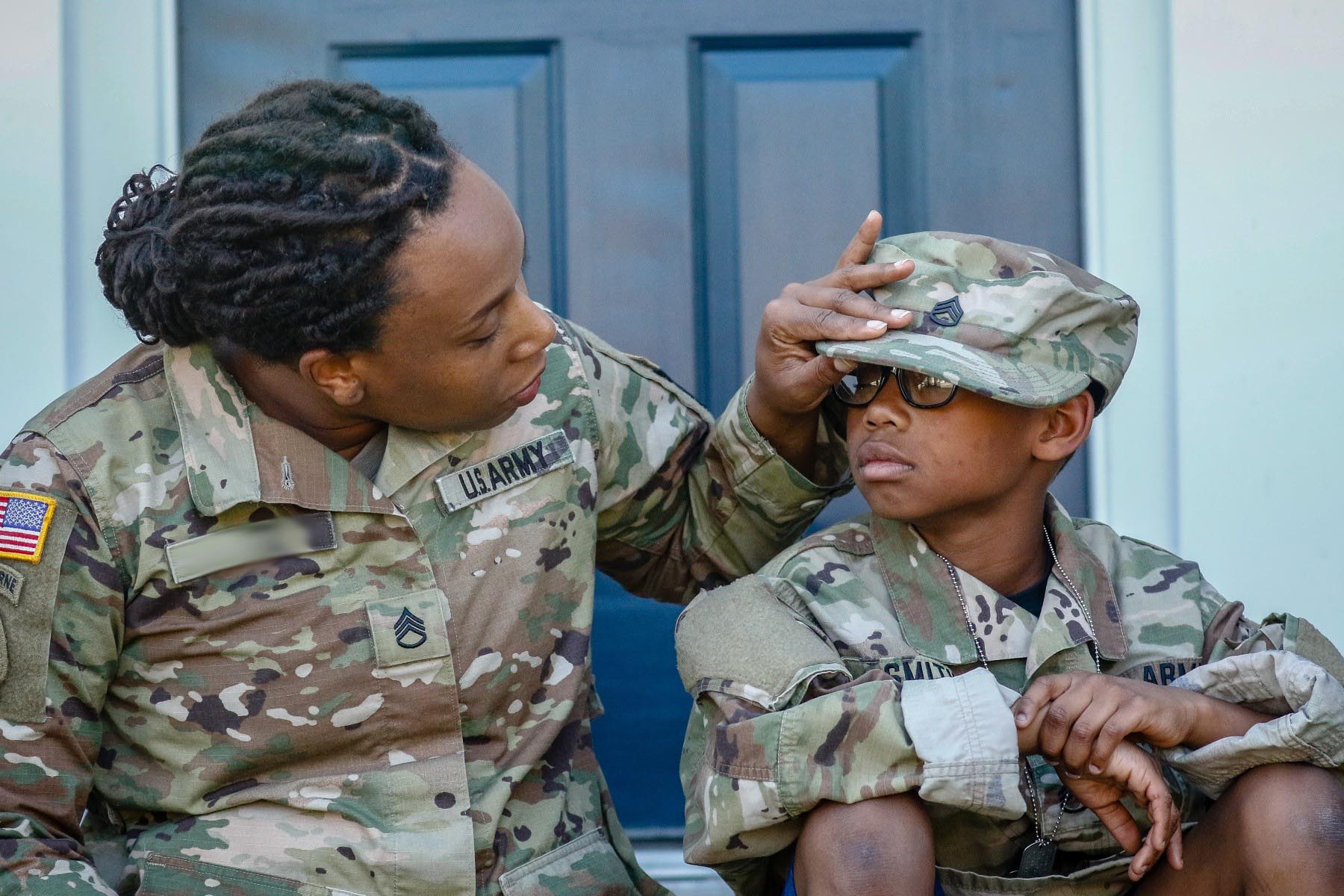
Why is it important to have open and honest conversations with children about military deployment?
Open communication plays a vital role in helping children navigate the complex emotions and uncertainties that arise when a loved one is deployed. By fostering trust through these conversations, you provide a safe space for children to express their feelings, ask questions, and seek reassurance.
Research shows that children who engage in honest discussions about deployment with their families exhibit lower levels of anxiety and distress. Through these conversations, children can develop a better understanding of why their family member is serving, what to expect during deployment, and how they can stay connected despite the distance.
Using Visual Aids for Explanation
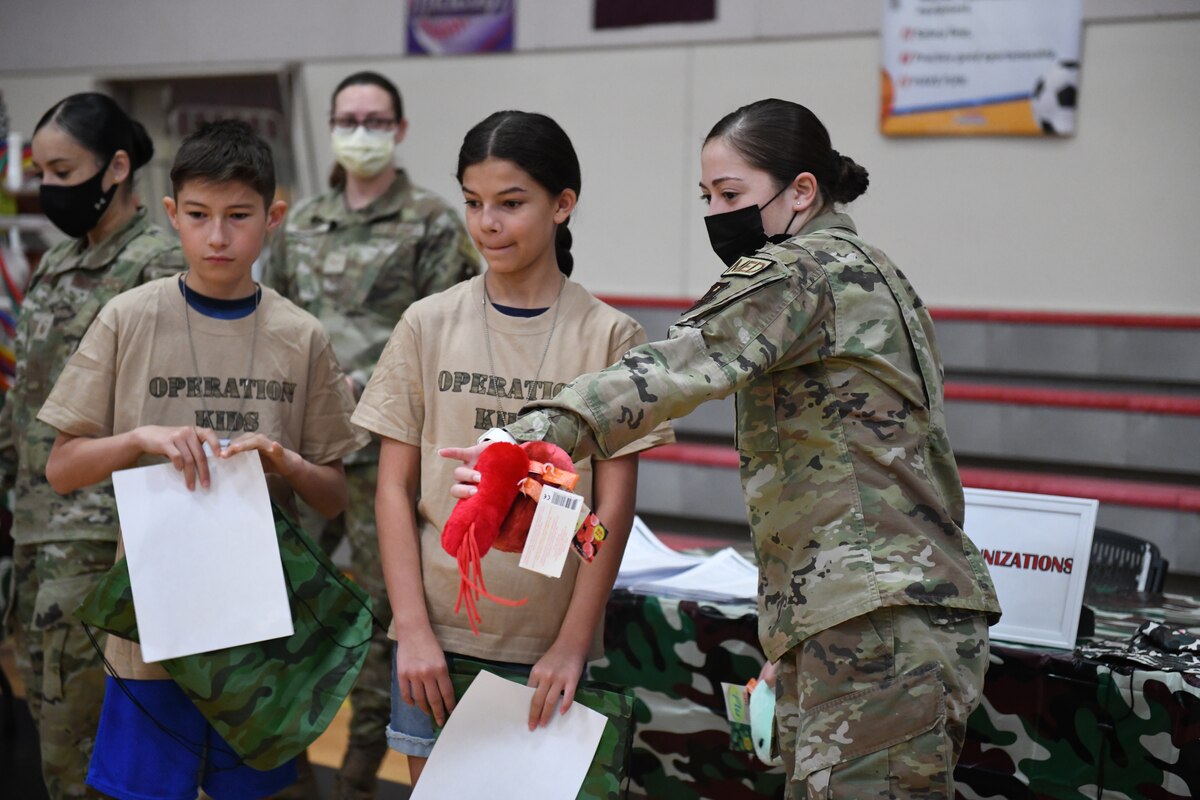
Utilizing visual aids such as pictures, diagrams, and maps can greatly assist in explaining military deployment to children in a clear and engaging manner. Interactive presentations and engaging activities can help children grasp the concept more effectively.
For instance, you could use a world map to show where the military personnel may be deployed and explain why they’re needed in those locations. Visual aids can make the information more tangible and easier to understand.
Interactive tools like apps or online resources can also be beneficial. These tools can provide a more immersive experience, allowing children to explore different aspects of military deployment in a hands-on way.
For example, interactive quizzes or games can help reinforce key points and make the learning process more enjoyable.
Establishing Routine and Consistency
To help children cope with military deployment, establishing a consistent routine can provide them with stability and a sense of security during times of change and uncertainty. Parent involvement is essential in creating and maintaining a daily schedule that children can rely on. Consistent routines help children feel secure because they know what to expect each day, even when a parent is deployed.
Incorporating familiar activities into a child’s daily routine can offer comfort and predictability. Simple things like meal times, bedtime rituals, and playtime can all contribute to a sense of stability. Parents can work together to make sure that these routines are maintained, even during deployment, through clear communication and planning.
Consistency in daily activities can help children feel more grounded and less anxious about the changes brought on by deployment. Knowing that certain aspects of their day remain unchanged can provide a sense of normalcy in an otherwise challenging time.
Encouraging Expression of Feelings
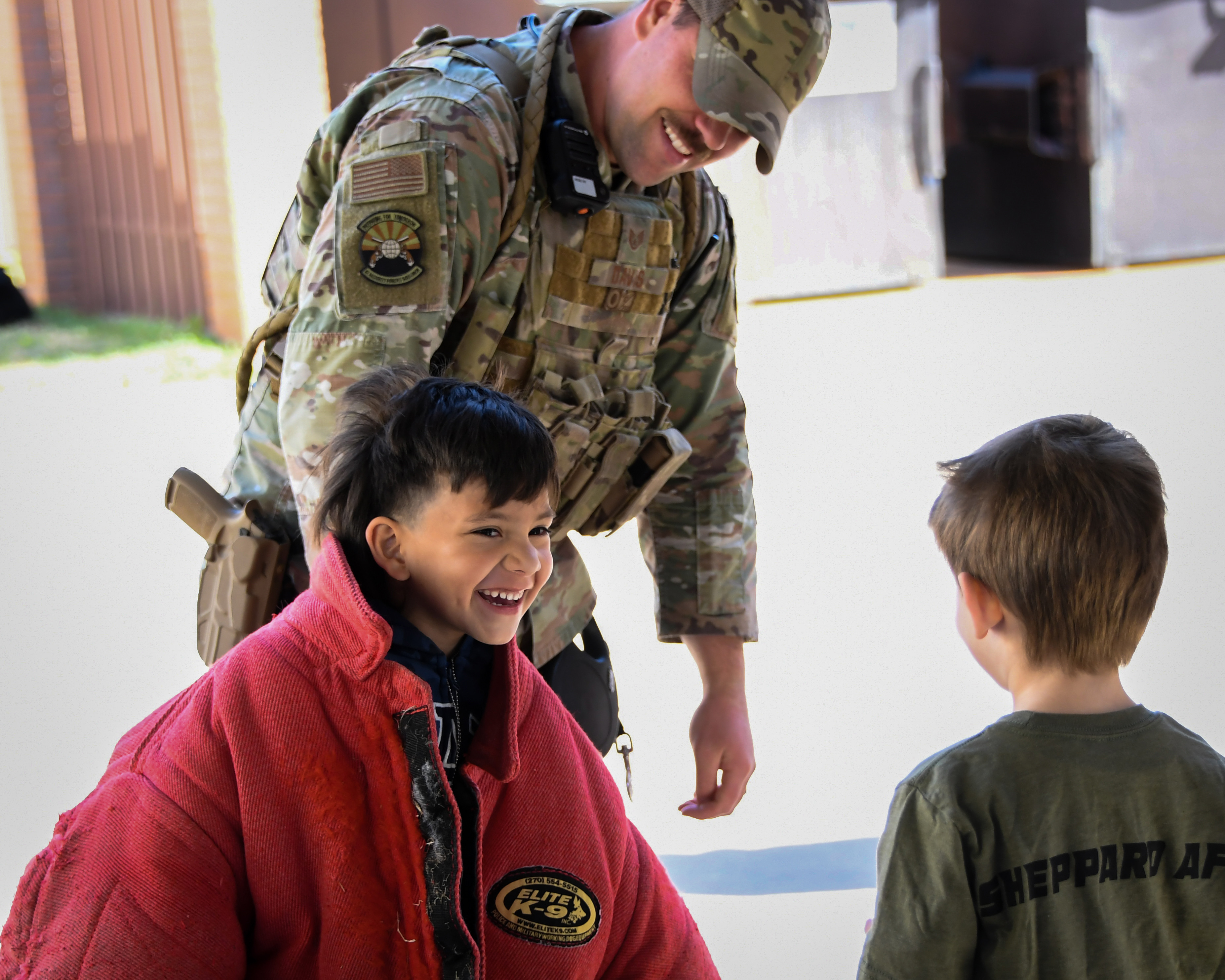
It’s important to create a safe space for children to talk about their feelings when a loved one is deployed. Encouraging open communication can help kids process their emotions and alleviate stress.
Activities like art and play therapy have been shown to be effective in helping children express their thoughts and feelings during challenging times.
Emotions and Communication
Encouraging your child to openly share their feelings can help them better cope with the challenges of military deployment. Teaching coping strategies and promoting emotional awareness are essential. Active listening and healthy communication play a significant role in this process.
Children may experience a range of emotions when a parent is deployed, such as sadness, worry, or confusion. Encouraging them to express these feelings can provide a sense of relief and validation. It’s important to create a safe space where they feel comfortable sharing their emotions without judgment.
By actively listening to your child, you show that their feelings are valued and understood. This can strengthen your bond and help them process their emotions more effectively. Healthy communication involves being open, honest, and supportive. Encourage your child to ask questions and express their concerns freely.
Research shows that children who are encouraged to communicate their emotions tend to have better emotional regulation and mental well-being. So, remember to listen, communicate openly, and validate your child’s feelings during this challenging time.
Art and Play Therapy
Utilize art and play therapy as effective tools for helping your child express their feelings during a parent’s military deployment. Creative expression through art can provide a safe outlet for your child to communicate emotions they may find difficult to verbalize. Encourage them to draw, paint, or create something that represents how they’re feeling. This process can help them process complex emotions and reduce anxiety.
Imaginative play is another beneficial method to support your child during this challenging time. Through play therapy, children can act out scenarios, explore their fears, and gain a sense of control over their environment. Provide them with toys or props that allow them to reenact situations related to the deployment, enabling them to express their thoughts and feelings in a non-verbal manner.
Involving Kids in Preparations
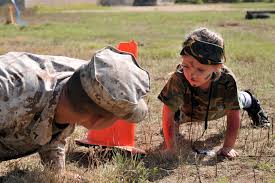
To help your kids better understand military deployment, involve them in preparations early on to ease their adjustment. Family involvement is essential during this time. Encourage child participation by engaging them in discussions about the upcoming deployment. Explain in age-appropriate ways what deployment means and how it may affect the family dynamics. Allow them to ask questions and express their feelings openly.
Engaging in creative activities can also assist in processing emotions and understanding the situation better. Encourage your children to draw, write letters, or create a scrapbook for the deployed parent. These activities can serve as a form of expression and a way to stay connected during the separation.
Interactive discussions about what to expect during deployment can help alleviate anxiety and uncertainties. Talk about possible changes in routines, ways to stay in touch, and how to support each other while apart.
Seeking Professional Support if Needed
If you find that your child is struggling to cope with the challenges of military deployment, know that there are professional counseling options available to provide support. Therapeutic resources, such as child psychologists or family therapists, can offer guidance and strategies to help your child navigate their emotions.
Additionally, consider tapping into emotional support networks within the military community for additional assistance during this difficult time.
Professional Counseling Options
Consider reaching out to professional counselors or therapists who specialize in supporting families dealing with military deployment to help you navigate this challenging time. Group therapy can be particularly beneficial as it provides a supportive environment where you can connect with others facing similar experiences. Sharing and listening to different perspectives within a group setting can offer valuable insights and emotional support.
Online counseling is another convenient option that can provide flexibility for military families who may have difficulty attending in-person sessions due to deployment schedules. Many online counseling platforms offer secure and confidential virtual therapy sessions, allowing you to access professional support from the comfort of your own home.
Professional counselors and therapists can help you and your family members develop coping strategies, improve communication, and navigate the complex emotions that arise during deployment.
Therapeutic Resources Available
Explore the therapeutic resources available to you for seeking professional support if needed during military deployment. Group therapy can be a valuable option for both children and adults facing the challenges of deployment. In a group setting, individuals can share experiences, gain insights, and receive support from others who understand what they’re going through. This can help in coping with the stress and emotions that arise during this period.
Additionally, online resources can provide convenient access to a wealth of information and support. Websites, forums, and online counseling services can offer guidance, tips, and a sense of community to individuals managing military deployment. These resources can be especially helpful for those who may have limited access to in-person counseling or support groups.
Emotional Support Networks
Seek out professional support networks to help you navigate the emotional challenges that may arise during military deployment. Seeking help from therapists, counselors, or support groups can provide you with the tools and coping strategies needed to manage the stress and anxiety that often accompany deployment.
Peer support can be invaluable during these challenging times. Connecting with others who are going through similar experiences can help you feel understood and less alone.
Community resources, such as military family support centers or mental health hotlines, can also offer guidance and assistance when you need it most.
Frequently Asked Questions
How Can Military Deployment Impact a Child’s Academic Performance?
Military deployment can have a significant impact on a child’s academic performance. The emotional toll of separation may lead to academic struggles. Support systems, communication, and understanding at school can help mitigate these challenges and foster resilience.
Are There Specific Age-Appropriate Books on Military Deployment for Kids?
Parental preparation and emotional support are essential when discussing military deployment with kids. Utilize age-appropriate books on the topic as storytelling and therapy techniques to help them understand and cope with this challenging situation.
What Are Some Common Behavioral Changes to Look Out for in Children?
You may notice shifts in behavior like withdrawal or aggression. Providing consistent emotional support is essential. Encourage open conversations and offer reassurance. Seek professional guidance if needed. Remember, each child copes differently; patience is key.
Can Siblings’ Reactions to Military Deployment Differ Significantly?
Sibling dynamics during military deployment can vary greatly. Providing emotional support tailored to each child’s needs is essential. Understanding and addressing individual reactions can help siblings navigate this challenging time with resilience and mutual understanding.
How Can Military Deployment Affect a Child’s Social Relationships?
Military deployment can impact a child’s social relationships by creating challenges in peer dynamics and school friendships due to parental absence. Emotional support from family and friends is essential for helping kids navigate these changes.
Conclusion
Overall, helping kids understand military deployment requires open communication, visual aids, consistent routines, emotional support, and involvement in preparations.
By being honest, providing clear explanations, and encouraging expression of feelings, you can help children cope with the challenges of deployment.
Remember, seeking professional support when needed is essential in ensuring the well-being of both the child and the family.
You aren’t alone in this journey, and support is available to help you navigate through this difficult time.

Chad Adan Kace, a young dad from Vermont, shares his parenting journey with a touch of humor and lots of love. Father to a lively baby, he explores the joys and challenges of fatherhood through his stories.






